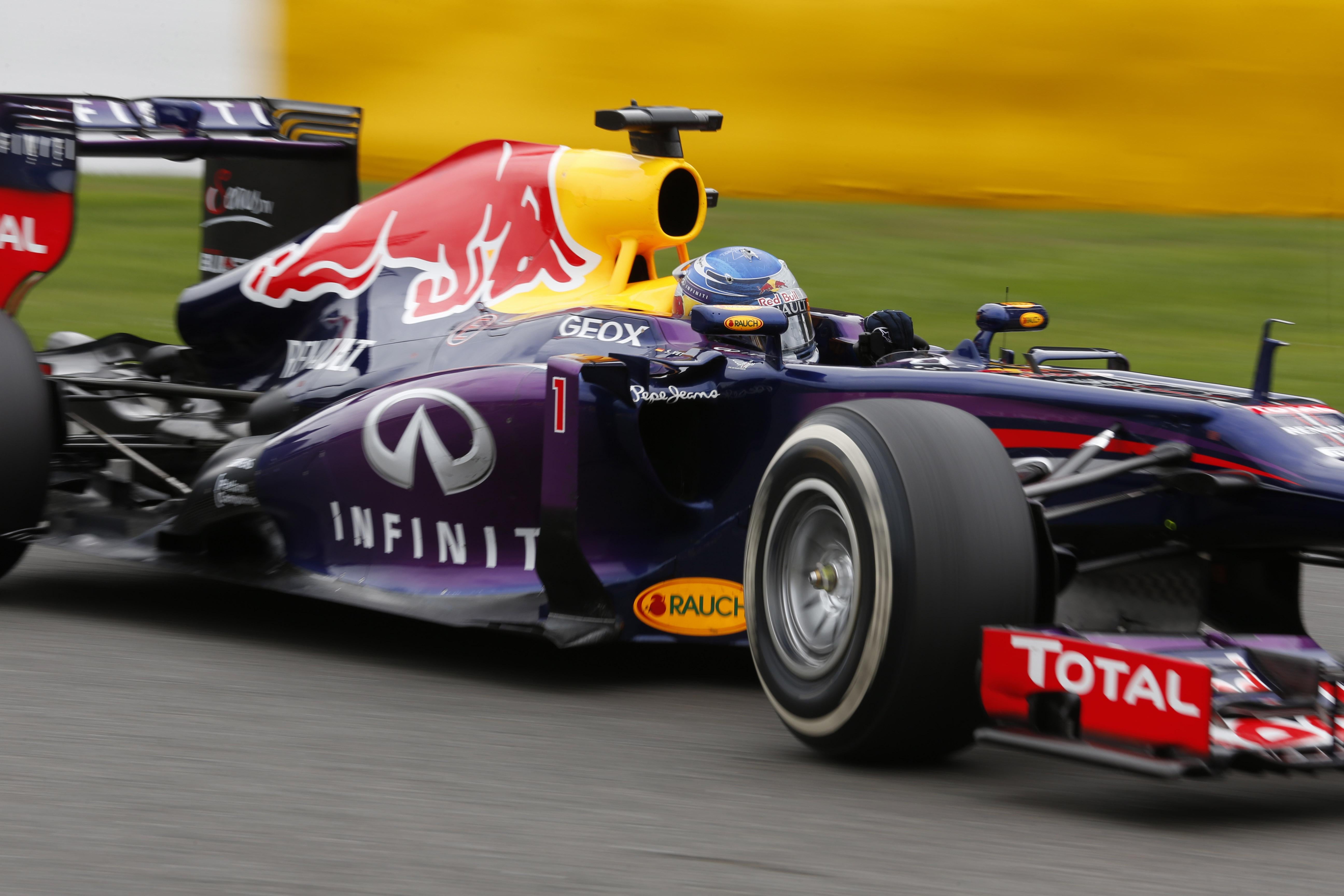A far cry from stock cars driving around in circles, Formula 1 racing is the most technologically advanced sport on the planet. And with yet another set of drastic rule changes coming into play for the 2014 season, F1 team engineers have been pushed to create safer and more efficient cars without sacrificing the level of performance that has always made the sport more NASA than NASCAR.
In the video above—a sleek package put together by F1 juggernaut Infiniti Red Bull Racing—first-year team driver Daniel Ricciardo lays out the various changes that needed to be made, while the updated parts slide into place all around him with Transformers-esque flair.
To the naked eye, Ricciardo’s (and his teammate, superstar driver Sebastian Vettel’s) ride will look to have undergone only a minor makeover, but the reality under the hood tells a different story. The most drastic of Formula 1’s new rules will require cars to use 30 percent less fuel, and as such, teams have to find a way to make their cars 30 percent more efficient. In addition to the restrictions on fuel, the engines will also be smaller (from last year’s 2.4 liter V-8 to a 1.6 liter turbo V-6), and teams will only be allowed five of them per season (as opposed to eight last year).
As far as upgrades, teams will be able to add a gear in the gear box (from seven to eight), and most teams—Infiniti Red Bull included—hope to retain performance levels through improved aerodynamics in the body and tweaks to their cars’ energy recovery systems.
While Infiniti Red Bull and Vettel have won four consecutive Drivers’ Championships and Constructors’ Championships—a nearly unprecedented run in the sport—these changes could level the playing field a bit. And even if not, by simply adapting to an ever-changing sport once again, F1 engineers will have earned their paychecks and then some.
Update, March 12, 2014: This post has been updated for clarity.
